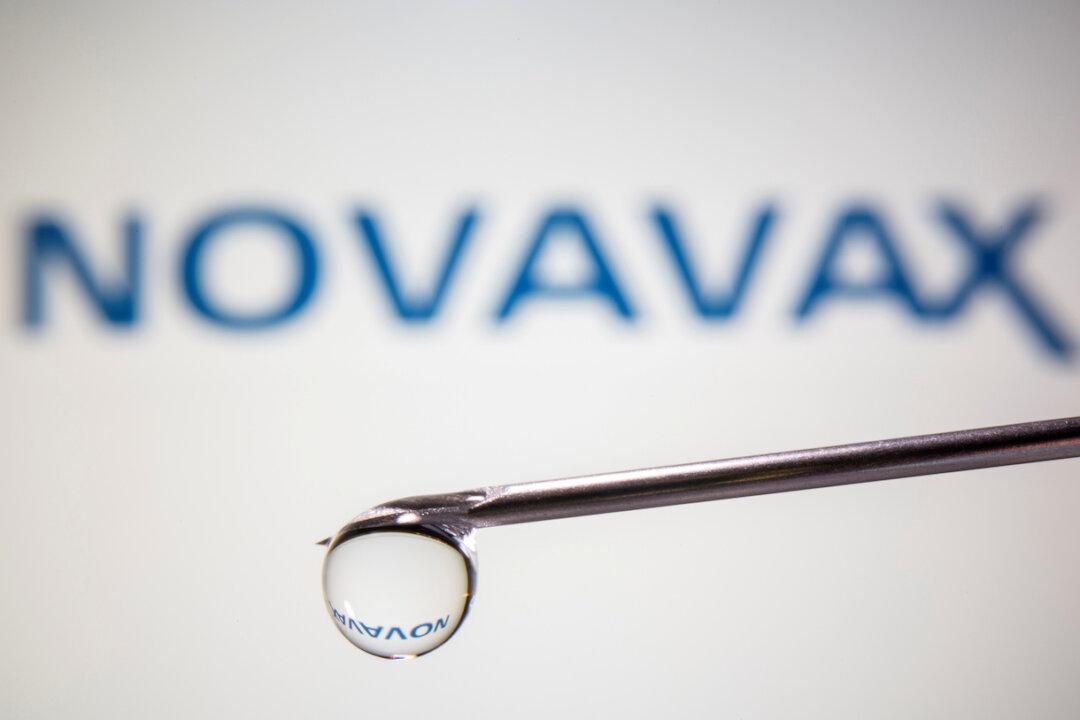Novavax announced that its vaccine against the CCP virus was shown to be 89.3 percent effective in preventing the COVID-19 disease in a trial in the United Kingdom, but less effective in South Africa where a different virus variant is more prevalent.
“Strong efficacy in Phase 3 UK trial with over 50 % of cases attributable to the now-predominant UK variant and the remainder attributable to COVID-19 virus,” the company announced on its website.




